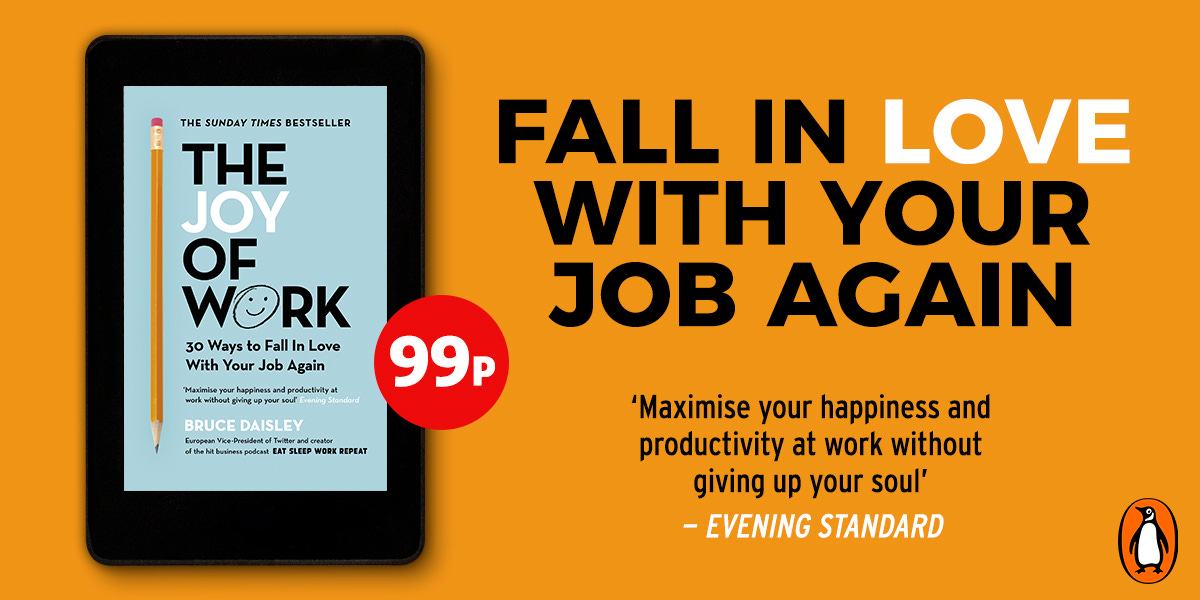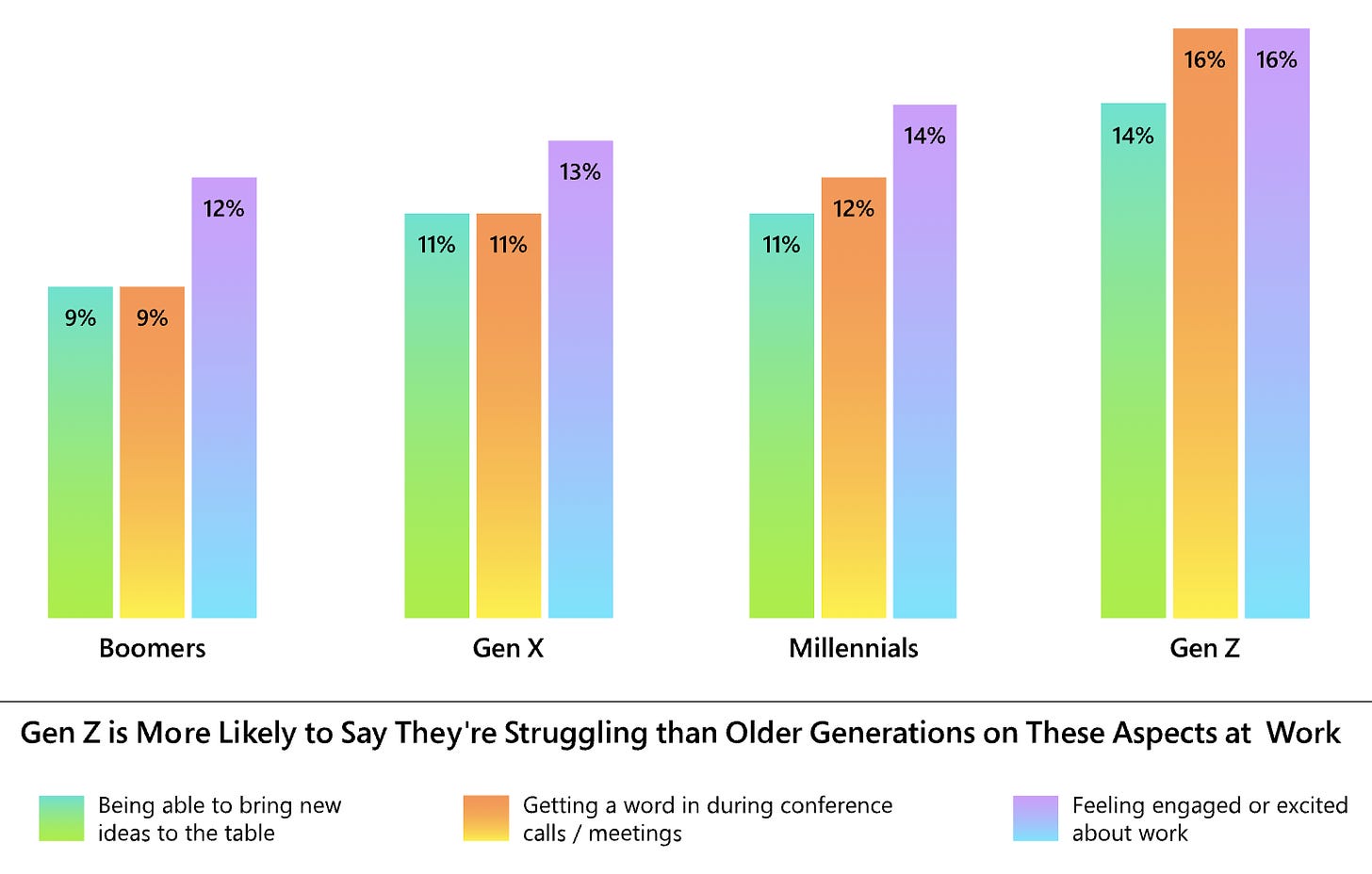Workers speak up: 'we won't go back'
ALSO: stress test - half of all chat pings answered in 5 mins
I’ve chosen to reduce the frequency of the newsletter to prevent readers feeling overwhelmed. Always welcome hearing how regularly you value updates.
In the news this week, a Big Firm announces workers need to be back in the office on Mondays, Tuesdays and Thursdays. In response, employees of the Big Firm write back and say: try again.
As the Big Firm is Apple this is major news.
Aside: I’ve said before that tech firms aren’t necessarily a good comparison for all of us, but they are the most discussed companies in the world so they often act as the public square when workplace dramas are visibly played out.
It’s worth adding that for all of the fizz of tech firms claiming to have unique and special cultures a lot of them have come out with very uninspiring remote policies: Google wants 3 office days a week, Apple says it’s at least 3 days (but a lot of teams are 4 or 5), Amazon has said it will revert to ‘office centric’ life.
This balance of hybrid working is clearly the number 1 issue for most firms right now and it’s captivating to see a hive-mind experience of watching others conduct these discussions in public. Here’s another example:
While it is clearly more progressive than Apple or the big tech firms, even this begs the question ‘why?’
What benefit is there to a firm to give some flexibility but demand a certain amount of time at desk? Surely the critical thing is local teams deciding the best ways for them to get their tasks done, rather than to tell them on certain days they need to do those tasks in certain locations?
Let’s look down the road, how do we see this playing out over six or twelve months? Surely what is starting to become obvious is that workers have had the opportunity to reevaluate why they need to make a commute or not - and they’ve seen through a lot of the reasons as unnecessary.
Sure - I want to feel part of a team but
No - I don’t feel part of a team by just traveling for an hour to do emails next to Kerim and Sarah
Where 16 months of remote working has taken many knowledge workers is to a place when they believe: ‘I will only need to be in the office for experiences’
And as the Apple letter shows, creating arbitrary quotas just serves to rob workers of a sense of autonomy. To me this helps illustrate why rules can be unhelpful and why organisations who take this approach are destined to do a re-sit.
Here’s the truth - remote working has suddenly become a basic pillar of work-life balance for a lot of workers. Firms are going to discover that flexibility plays a vital part in their attraction and retention of the best employees.
The best firms right now should be working out how can we enable our teams to get their jobs done (probably involving different approaches for different teams), then they need to decide who to use office space to enhance how they do that job. But not to mandate how much they use that space and on what days.
Here’s another out of touch intervention this week, from someone whose jobs is to pretend to understand how work gets done productively: Stanford economics professor says ‘don’t let your workers choose their WFH days’
This is an interesting way to frame what could be expressed in another way, ‘for a team to feel like a team they need to agree on what time they’re going to spend together and why’. The follow-up that reframing asks, ‘what do we intend to do with our shared time?’ This could be as simple as ‘we work and chat together one /two/three days a week/month’, or ‘we have a big meeting that day and then sit together’, or ‘we get a open-top bus and have a giddy day of team bonding’.
Like I said that the outset, it’s not tech firms setting the pace here:
Natwest have said only one in eight of their workers will be ‘office first’
As with the Apple report above, Bloomberg report that some workers will quit if they can’t do remote work
Metropolitan districts are worried, here Centre for Cities, a thinktank part funded by local council, spins that a 5 days in the office will be normal again in 2 years
The Joy of Work is just 99p on Kindle for all of June - the back third of the book is a celebration of ways that we can make teams feel more in sync with each other when we get together.
Microsoft shares a summary of where work is at
Microsoft released a good summary of what we’ve learned from a year of remote working - including a few bits of data that they’d put out before.
70% of people want flexible working to continue while 65% are also craving more face-to-face time
Bosses are generally out-of-touch with how their team members are feeling (scoring much higher on happiness metrics)
Out of hours messaging is up 45% year on year
Meeting time has more than doubled, partly due to meetings running longer (average of 45 mins up from 35 mins)
the Urgent Economy: half of all chat messages are responded to within 5 minutes
Younger workers feel less able to be heard, less able to bring new ideas and less inspired by their jobs by older cohorts
41% of workers are getting ready to change jobs
46% of people are rethinking where they live based on the possibility of remote working
They also included a video of how we should be thinking about hybrid meetings
Read the full Microsoft report here
Very similar findings in a recent survey of US bosses.



Worker exhaustion
Research company Gartner say firms who try to maintain an office-centric culture are leaving their team drained. Employees are 54% less likely to stay at firms who leave them fatigued. Zoom overload and activity tracking seem to be the worst offenders
There are growing calls for the UK to introduce a French-style rule banning out-of-hours emails
Reports that the National Health Service is on the verge of a burnout crisis
Office space
A brand new report from KPMG says that half of UK firms are about to cut their office space
And it looks like the shed/office is seeing some of the boost on the other side of the seesaw
If you’re new here you might find these resources come in handy:
Which meetings on which days? Think about convergent vs divergent modalities
If you're interested in reading a book to support your interest in workplace culture? I've just updated my list of favourite titles.
Main photo from Hungarian cartoon Gustavus









